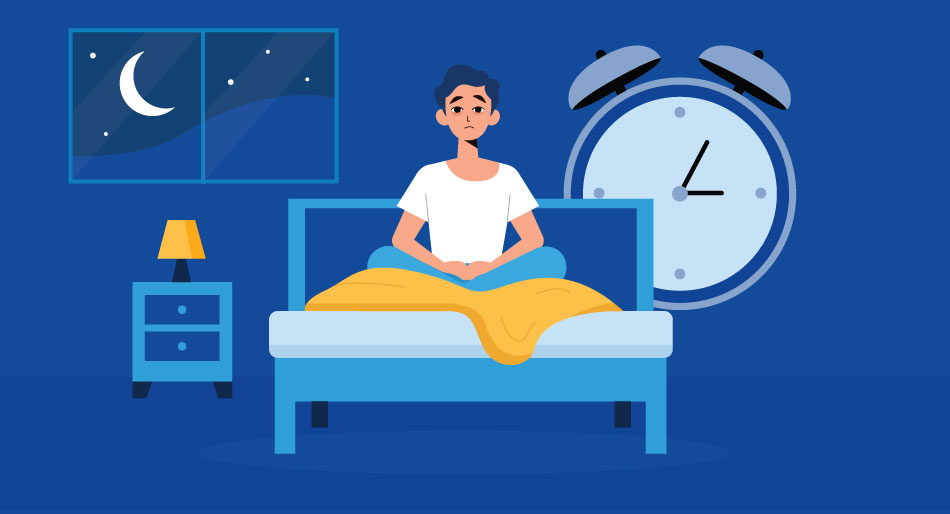The Connection Between Sleep and Mental Health: Tips for Better Sleep
2023-09-20

Welcome to Revamp Hospital, where we believe in the transformative power of holistic mental health care. Today, let's explore a vital aspect of well-being: the profound connection between sleep and mental health.
Understanding the Link
Sleep is more than just a biological necessity; it's a cornerstone of mental health. When our sleep patterns are disrupted, it can have a profound impact on our emotional and psychological well-being. Research has shown that insufficient or poor-quality sleep can exacerbate existing mental health conditions and even contribute to their development.
The Sleep-Mood Cycle
Consider this: when we're well-rested, our minds are sharper, our emotions more stable, and our ability to cope with stress is enhanced. Conversely, a lack of quality sleep can lead to mood swings, heightened anxiety, and a decreased ability to concentrate. It's a delicate dance between sleep and our mental state.
Unraveling the Causes
Understanding the complex interplay between sleep and mental health is the first step towards finding balance. There are various factors that can disrupt our sleep patterns, including:
- Stress and Anxiety: Racing thoughts and worries can make it difficult to unwind and fall asleep.
- Depression: Changes in sleep patterns are often a hallmark of depressive disorders.
- Physical Health Issues: Pain or discomfort can disrupt our ability to achieve restful sleep.
- Medications: Some medications can impact our sleep-wake cycle.
-Lifestyle Choices: Caffeine, nicotine, and irregular sleep schedules can all contribute.
Tips for Better Sleep
Now, let's delve into some actionable tips that can help you improve your sleep quality and, consequently, your mental well-being.
1. Establish a Consistent Sleep Schedule
Our bodies thrive on routine. Aim to go to bed and wake up at the same time every day, even on weekends. This helps regulate your body's internal clock.
2. Create a Relaxing Bedtime Ritual
Wind down before bedtime with calming activities such as reading, gentle stretches, or deep breathing exercises. Avoid stimulating activities or screens that emit blue light.
3. Cultivate a Comfortable Sleep Environment
Ensure your bedroom is a sanctuary for sleep. Invest in a comfortable mattress and pillows, and keep the room cool, dark, and quiet.
4. Limit Stimulants and Alcohol
Caffeine and nicotine are notorious sleep disruptors. Avoid them in the hours leading up to bedtime. Similarly, while alcohol might help you relax initially, it can interfere with your sleep cycle later in the night.
5. Stay Active, but Time It Right
Regular physical activity is crucial for good sleep, but avoid vigorous exercise close to bedtime. Opt for activities earlier in the day to promote better sleep at night.
6. Watch Your Diet
Avoid heavy meals, caffeine, and sugary snacks close to bedtime. Instead, opt for a light, balanced dinner that won't cause discomfort or indigestion.
7. Manage Stress and Anxiety
Practice relaxation techniques such as meditation, deep breathing, or mindfulness. Seeking support through counseling or therapy can also be invaluable.
8. Seek Professional Help
If sleep troubles persist, it's essential to seek help. A healthcare professional can identify underlying issues and provide tailored solutions.
At Revamp Hospital, we're committed to helping you achieve holistic well-being. Remember, small changes in your sleep habits can lead to significant improvements in your mental health. Prioritize your sleep, and you'll be amazed at the positive impact it can have on your life. Sweet dreams!
Post a Comment